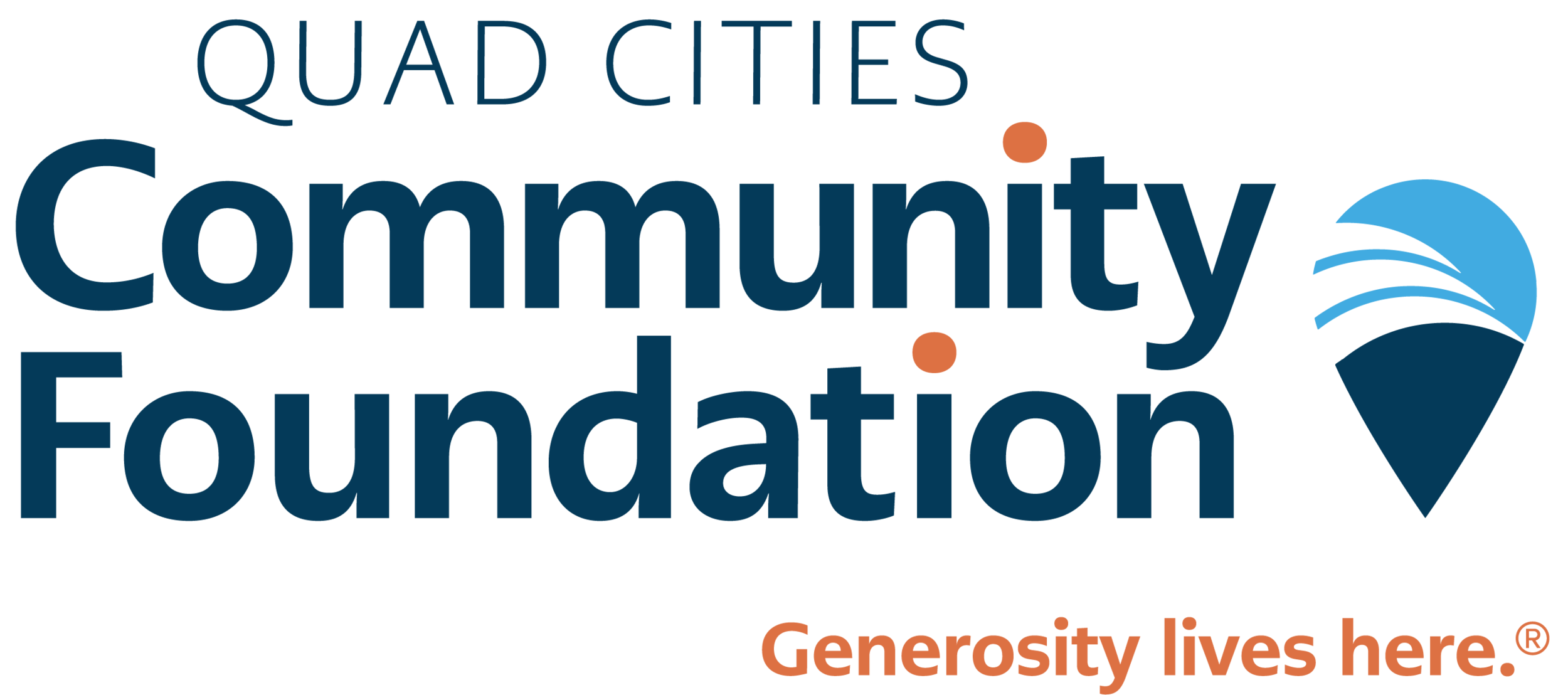How the Charitable Act can help transform philanthropy
“At the Quad Cities Community Foundation, part of our mission is knowledge building and advocacy,” said Anne Calder, the Community Foundation’s vice president of development. “By talking with our region’s policymakers about legislation, we can unlock generosity and strengthen our communities.”
Now, the Charitable Act, a bipartisan piece of legislation recently reintroduced in Congress, proposes a major incentive to encourage Americans to support nonprofits. By allowing all taxpayers to once again deduct a portion of their charitable giving, the policy aims to revitalize a culture of generosity and philanthropy that recent tax code changes have stifled.
In 2017, the increased standard deduction simplified the filing process for millions, but it also quietly restricted charitable tax deductions—a proven key incentive for charitable donations—to only the wealthiest Americans who itemize. The result of this tax code change was a 23 percent drop in the number of people giving, a decline that continues to affect nonprofits across the country.
Economists believe the Charitable Act, if adopted, would reverse this trend and boost charitable donations by $40 billion a year.
Ike Brannon is an economist and policy consultant charged with studying the potential impact of the Charitable Act. He’s also a former Treasury official and Augustana College alum, originally from Peoria.
Ike Brannon
“What we saw after the 2017 tax code change was a sharp decline in giving from the broad base of Americans who no longer received a tax incentive,” said Brannon. “Giving is a habit. And if we don’t encourage it early, especially among younger people, we risk losing an entire generation of philanthropists.” Brannon said that the Charitable Act represents a most productive and practical opportunity for both tax policy and as an effective incentive for charitable giving at a time when the need for philanthropy is growing nationally.
The Community Foundation has been a consistent leader in advocating for policies and initiatives that make charitable giving more accessible. That work includes lowering thresholds for donor advised funds and supporting state-level legislation that incentivizes gifts of all sizes so every giver can make the most of their generosity.
“Anything you practice, you get better at,” said Calder. “We want to bring as many people as possible into the work of philanthropy and help them develop the habit of giving. The Charitable Act will help encourage more Americans to give in the way they want to—not just for a tax break, but to build stronger communities.”
Still, there's work to do. The bill has yet to receive a formal score from the Congressional Budget Office—a necessary step before committee hearings and eventual votes can proceed. Those interested in promoting and supporting the Charitable Act can contact their legislators and ask them to get behind the policy.
The Council on Foundations has created a page with more information on the policy and instructions for contacting representatives. Visit it to learn more at https://cof.quorum.us/campaign/109426


